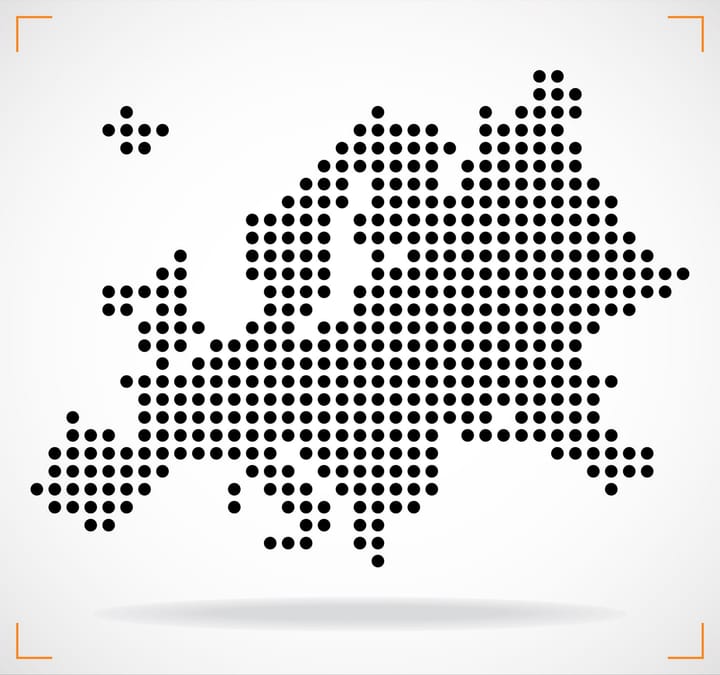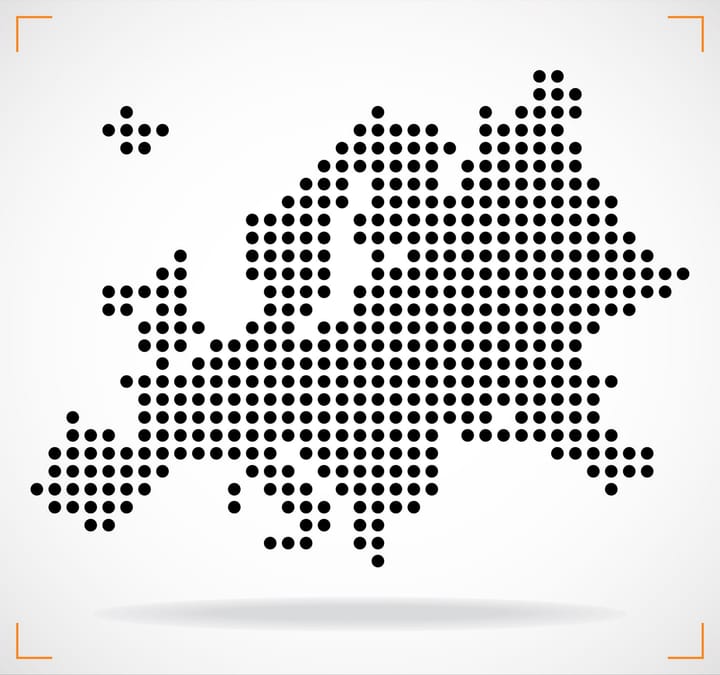ACCESS:UKR - DEC 17
Weekly Geopolitical and Security Analysis Report | Ukraine

Report Details
Initial Publish Date
Last Updated: 17 DEC 2024
Report Focus Location: Ukraine
Authors: MF, ML, DB, GJ
Contributors: GSAT
GSAT Lead: MF
RileySENTINEL provides timely intelligence and in-depth analysis for complex environments. Our global team blends international reach with local expertise, offering unique insights to navigate challenging operations. For custom insights or urgent consultations, contact us here.
Expanded Report
This update provides key highlights of the evolving situation in Ukraine. For complete analysis and detailed operational guidance, please access the full analytical report package on the RileySENTINEL platform. Our comprehensive report includes extensive geopolitical analysis, detailed security assessments, ongoing infrastructure impact evaluations, and operational risk analysis, alongside expanded coverage of humanitarian developments and military capabilities.
Security managers and operational planners are encouraged to download the complete report through your RileySENTINEL dashboard, or via the download function, for thorough situational awareness and risk mitigation strategies.
Summary
The ongoing Ukraine-Russia conflict continues to evolve, shaped by significant developments in military, economic, and geopolitical spheres:
Military Aid: The U.S. announced a $500 million military aid package, while Norway pledged $242 million to strengthen Ukraine's navy. These initiatives, along with NATO-standard training programs, enhance Ukraine's defense capabilities across multiple domains.
Political Developments: The Berlin Declaration, signed by key European nations and the EU, reaffirms support for Ukraine's euro-Atlantic integration and outlines comprehensive assistance commitments.
Diplomatic Efforts: Russia and Ukraine have expressed openness to prisoner exchanges, potentially opening new channels of communication. The timing coincides with the incoming Trump administration, which could influence future negotiation strategies.
Economic Assistance: The U.S. provided Ukraine with a $20 billion loan funded by frozen Russian assets, part of a larger G7 initiative. The EBRD's efforts in war-risk insurance and infrastructure repairs complement this support. Additionally, Norway plans to open an office in Kyiv to facilitate Norwegian businesses' participation in Ukraine's reconstruction, demonstrating a growing focus on long-term economic recovery and development.
Sanctions: The EU agreed on its 15th sanctions package against Russia, targeting entities that help circumvent Western restrictions.
Internal Ukrainian Initiatives: Ukraine has allocated additional funds for drone procurement, balancing immediate needs with long-term strategic enhancements.
Atmospherics: Recent surveys indicate shifting sentiments in Ukraine, with increased support for President-elect Trump and a majority believing allies are not doing enough to secure victory.
Operational Challenges: Travel and logistics within Ukraine remain complex due to security threats and fluctuating restrictions. Weather conditions and potential infrastructure disruptions necessitate adaptive planning.
The conflict remains dynamic, requiring adaptive strategies and sustained international engagement as the situation evolves.


